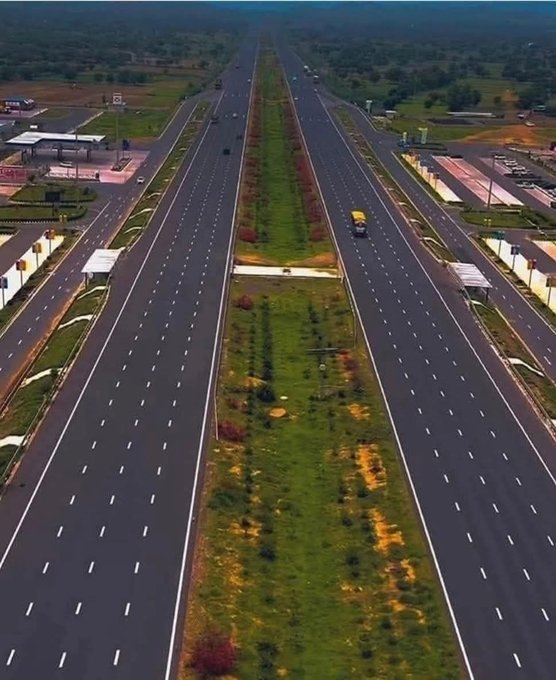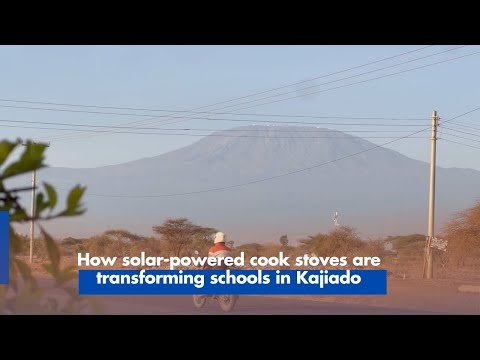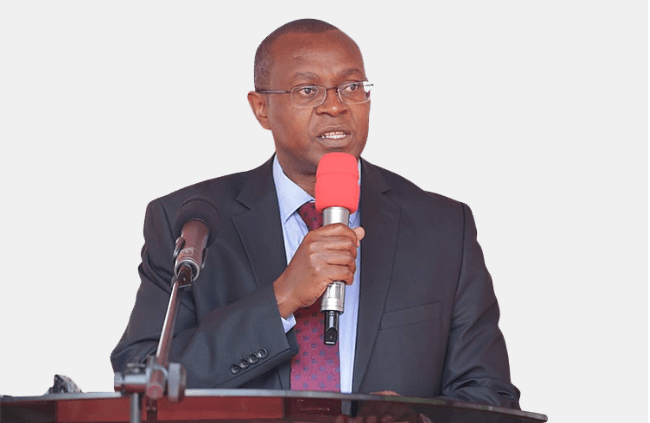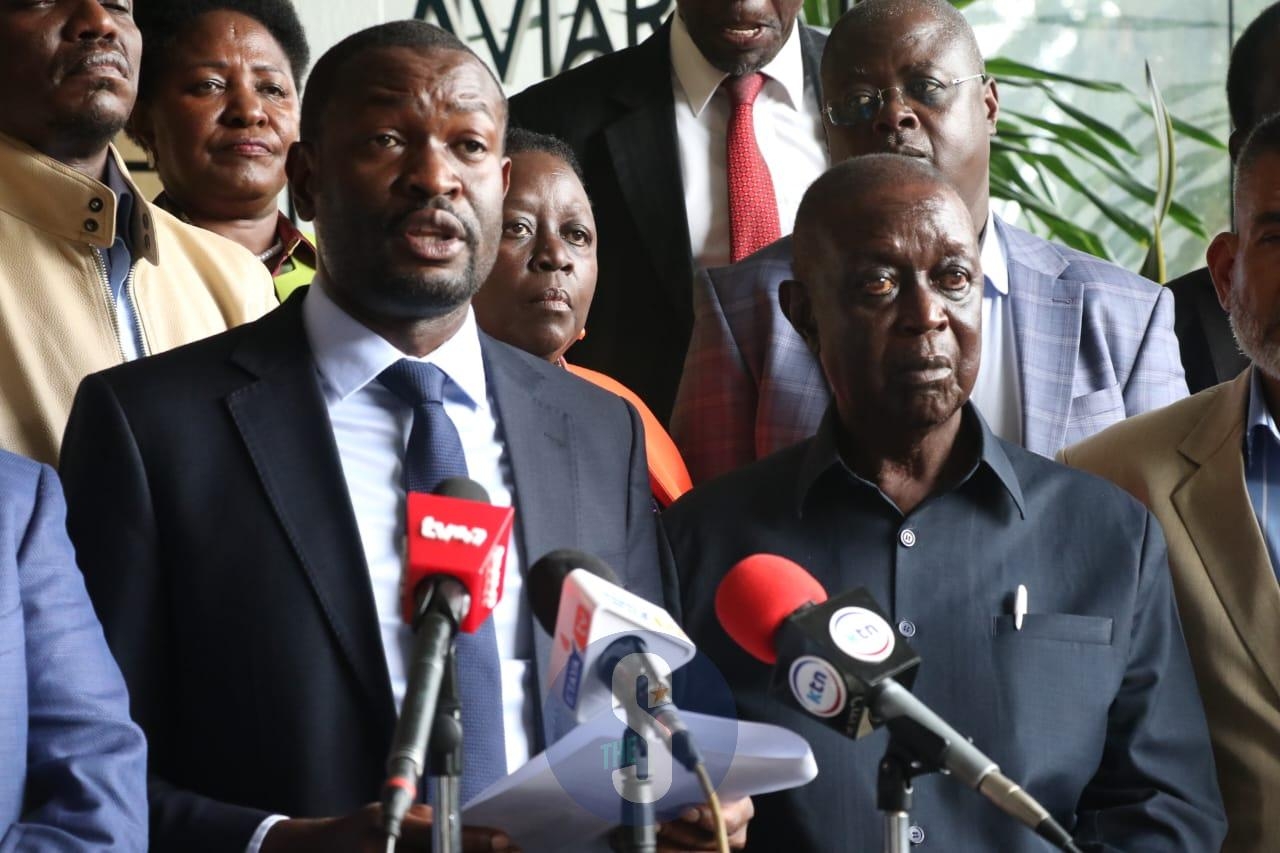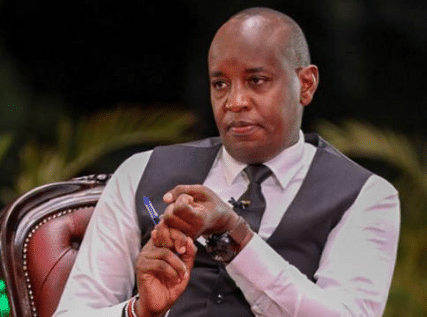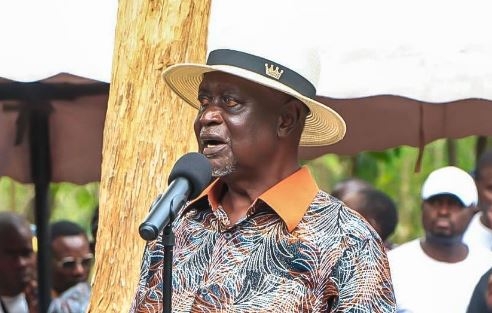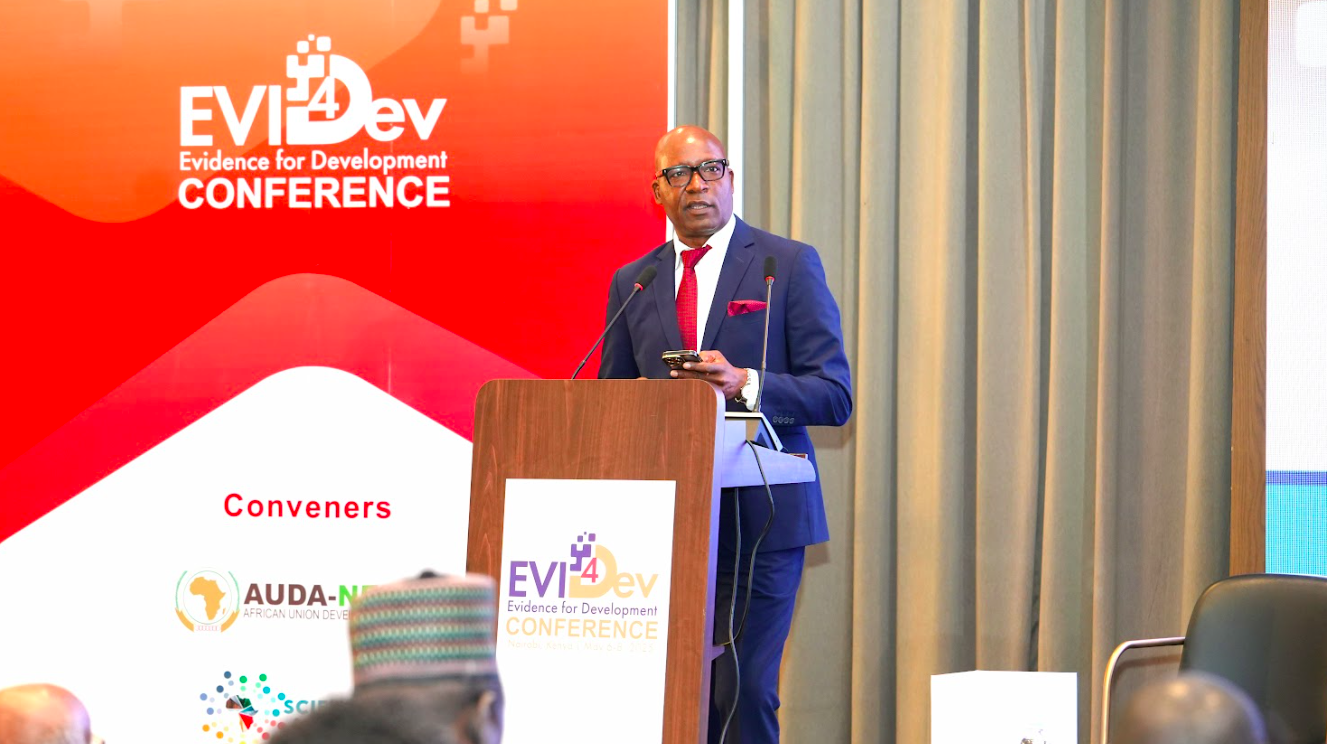 Afidep Executive Director Eliya Zulu speaking at the Evidence for Development Conference in Nairobi on May 6, 2025.
Afidep Executive Director Eliya Zulu speaking at the Evidence for Development Conference in Nairobi on May 6, 2025.
In a time of economic uncertainty with foreign aid dwindling and traditional donor funding becoming increasingly scarce, African think tanks are stepping up with a bold call on charting on a self reliant path through homegrown research and innovation.
Various policy leaders, researchers, youth innovators and development partners convened in the Evidence for Development Conference in Nairobi on Tuesday to hold discussions around Scientific Research and Innovations for the Realisation of Agenda 2063.
The event was funded by African Institute for Development Policy (Afidep) in collaboration with African Union Development Agency-Nepad (AUDA-Nepad) and Science for Africa Foundation (SFA).
The spotlight was on how African institutions can lead from within in crafting solutions on ongoing challenges in various sectors including health, education, climate and unemployment.
The solutions were tailored to local needs, enhancing sustainable development, leveraging indigenous knowledge and reducing overdependence on external support.
Calls for embracing the Evidence Informed Policymaking (EIP) through Science, Technology and Innovation (STI) grew louder to address the underlying issues.
Cabinet Secretary for Education Julius Ogamba said evidence must drive actions in accelerating homegrown solutions.
This was in accordance with the second Agenda 2063 strategy prioritising homegrown research and innovation to accelerate industrialisation, reduce import dependency, and boost local value addition.
He said the role of data evidence and innovation must be optimised to create wealth among Kenyans and Africa at large.
This would in turn accelerate the African Agenda 2063 vision and Sustainable Development Goals (SDGs).
"For economic growth of our society and realization of Africans transformation, we should remember data is the foundation, evidence is the guide and innovation is the engine," Ogamba said in a speech read by Roselinda Owuor, the Director of Research Development in the Ministry of Education.
Afidep Executive Director Eliya Zulu reiterated calls for use of data evidence especially on utilisation of African resources.
He noted that it was a high time Africa recognised that its destiny lies in its own hands in regards to its unutilised resources stressing that the continent must move away from reliance on aid.
“Every year, billions of dollars are lost through mismanagement, inefficiencies, and outright theft. Research shows that corruption costs the continent over $140 billion annually. That is more than enough to finance critical sectors such as education and healthcare. Evidence can and should help us trace these leakages, identify systemic weaknesses, and design better safeguards for public resources,” he said.
Eliya noted that with the vast and growing African population of 1.5 billion people with a projected 2.5 billion in 2050, there was need to take advantage of the human capital and especially with the youth.
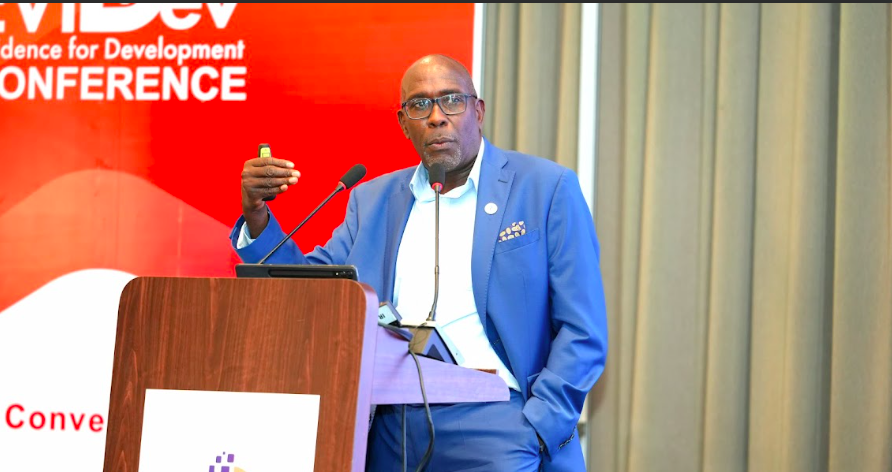 CEO of the Science For Africa Foundation Tom Kariuki giving speech at the Evidence for Development Conference in Nairobi on May 6, 2025.
CEO of the Science For Africa Foundation Tom Kariuki giving speech at the Evidence for Development Conference in Nairobi on May 6, 2025.SFA Foundation CEO Tom Kariuki called for reinforcement of science evidence and investment in data, Artificial Intelligence (AI) and intergrating of digital infrastructure and governance to reduce dependency.
He cited a challenge that occurs especially
in the health sector where patients were often involved in repeated screenings
at different hospitals due to lack of integrated health records.
"One of the common frustrations for patients is having to repeat medical screenings at different hospitals, even if they were done just a week earlier. This often happens due to the lack of shared health records across facilities," he said.
"Integrating health records into a unified digital platform would save time, reduce costs, and ensure patients don’t have to visit multiple labs for the same tests."
The conference underscored a turning point for Africa, with stakeholders calling for a shift from aid dependency to self-driven development powered by local research, innovation, and youth leadership.
Dr Jessie Kabwila (pictured in red), Minister of Higher Education in Malawi called for more investment in in research, institutions of higher learning and knowledge ecosystem to achieve 21st-century workforce that Africa needs.
She said: “Africa’s higher education enrolment stands at around 9 per cent, compared to a global
average of 38 per cent. Africa invests around 0.5 per
cent of its GDP in research and development, compared to the global average
of 2.2 per cent. Our research infrastructure is often inadequate, and many of our
brightest minds leave the continent due to limited opportunities.”


